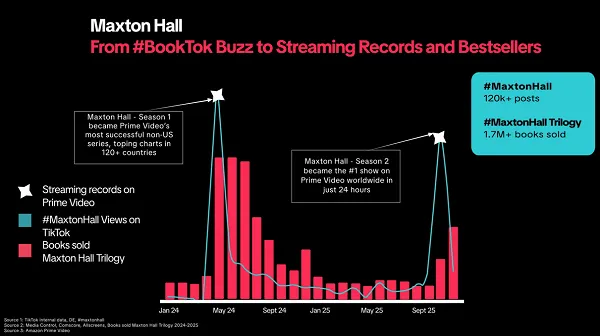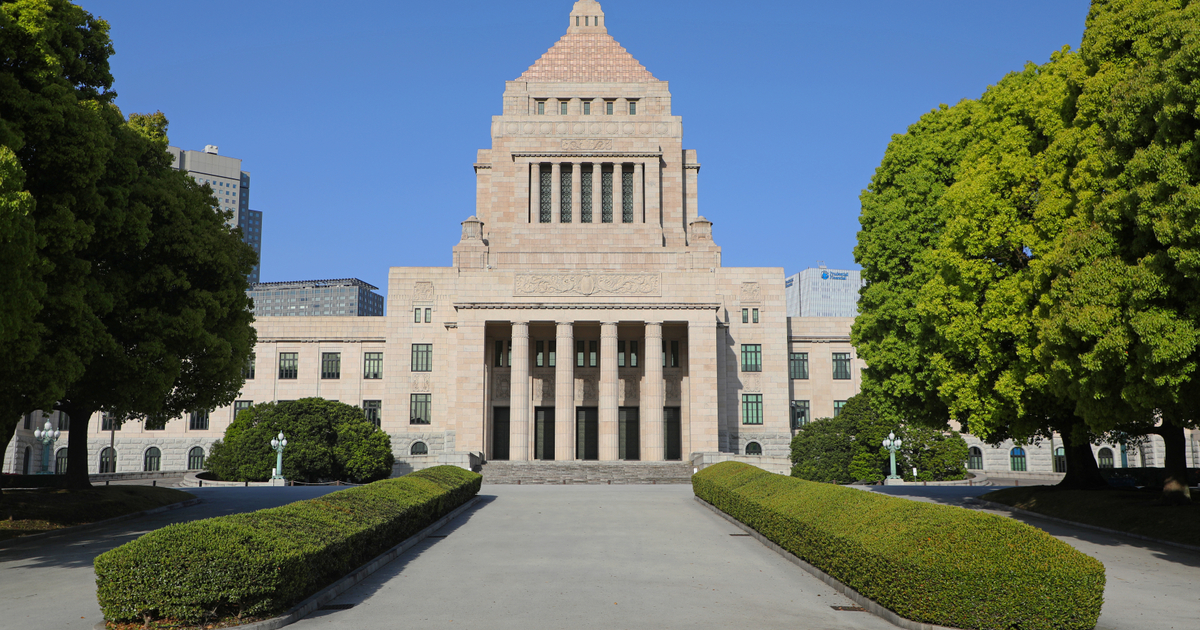Tokyo has 'many cards' to play in U.S. tariff negotiations, says Japanese economic advisor
He pointed out that Japan has been the biggest foreign investor in the U.S. and the largest holder of U.S. Treasury bonds.

Takeshi Niinami, CEO and chairman of Suntory Holdings at the World Economic Forum in Davos, Switzerland, on Jan. 24, 2025.
Bloomberg | Bloomberg | Getty Images
Japan has "many cards" to play in tariff negotiations with the United States, according to Takeshi Niinami, senior economic advisor to Japan's prime minister.
His comments comes ahead of a three-day trip by top negotiator Ryosei Akazawa to the U.S. for talks with U.S. Treasury Secretary Scott Bessent and U.S. Trade Representative Jamieson Greer.
Niinami, who is also chairman and CEO of Japanese drinks manufacturer Suntory Holdings, told CNBC's "Squawk Box Asia" that he is "cautiously optimistic" about the trade talks.
He pointed out that Japan has been the biggest foreign investor in the U.S. and the largest foreign holder of U.S. Treasury bonds.
Japan should therefore talk about more opportunities to invest in the United States, and will keep its massive stock of U.S. Treasurys, Niinami said, adding "We know that the President is [very concerned] over the bond market," referring to U.S. President Donald Trump.

Japan holds about $1.1 trillion in U.S. Treasurys, and Trump said that the bond market sell-off last week was part of the reason he U-turned on his "reciprocal" tariffs.
"I thought that people were jumping a little bit out of line," Trump said. "They were getting a little bit yippy, a little bit afraid."
Kevin Hassett, director of the U.S. National Economic Council, told CNBC on April 10 that the bond market decline contributed to Trump's decision.
The 10-year Treasury yield from April 8 spiked above 4.5% on speculation a big foreign holder like Japan or China was dumping U.S. bonds. Bond prices move inversely to yields, and rising yields could mean higher U.S. mortgage rates.
Another move Tokyo could make would be to talk about military purchases from the U.S., Niinami said, as it strives to increase defense spending to 2% of gross domestic product.
Japan and the U.S. have deep military relations, and Japan's Self-Defense Forces use a wide array of U.S. equipment, including fighter jets, helicopters and some small arms.
"Let's normalize the relations, because we are the biggest ally of the United States. So we want to normalize the relationship, and we want to upgrade the relationship between [the] U.S. and Japan in terms of regional security," Niinami said.
Japan had been hit with a 24% "reciprocal" tariff by Trump, although this has been suspended for 90 days from April 9, leaving a 10% baseline tariff.
Niinami also said that while it's not ideal for Japan to invest in the U.S. given the current situation, he acknowledged that U.S. productivity is much higher than other countries, which makes the market attractive.
"I think we don't like the current plan from the United States, but we want to keep investing [in] the United States," he concluded.
— CNBC's Alex Harring contributed to this story.

 Tekef
Tekef 































